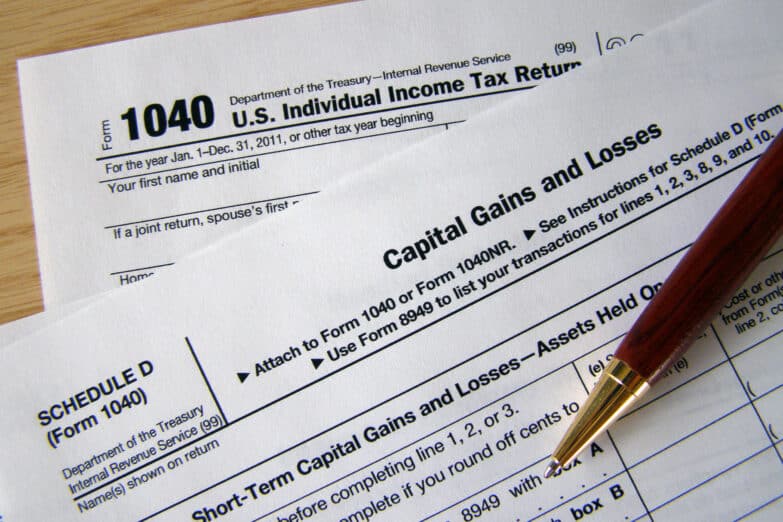6 Ways to Reduce Capital Gains Taxes When Selling a Multifamily Building
Selling a multifamily building can be a great way to earn a profit. Just the thought of it can make a person see dollar signs. But even though you can earn a nice chunk of change, there are significant tax implications involved that you should know about. The most critical is the capital gains tax.
This article will help you explore ways to reduce capital gains taxes when you sell a multifamily building. So, read on if you want to save some of your hard-earned money!
Capital gains tax—what it is
Simply put, capital gains tax is a tax on the sale of non-inventory assets. Most common among them are stocks, bonds, precious metals, real estate, and property. The IRS calculates the tax based on the difference between the amount you paid for the property and the amount you sell it for.
The tax rate you’ll need to pay depends on factors such as how long you owned the property and your income level. In most cases, if you owned the property for more than a year, you’ll probably be subject to long-term capital gains tax rates; but the good news is those are generally lower than short-term rates.
-
Know your 1031 Exchange
A 1031 Exchange is one of the best ways to reduce capital gains tax when selling a multifamily building. It allows you to defer paying capital gains tax if you plan to reinvest the proceeds into a “like-kind” property. This is a great strategy if you’re looking to upgrade to a larger or more profitable property.
-
Maintain accurate records
It’s critical to maintain accurate records in order to minimize your capital gains tax liability. This means keeping track of all expenses related to the property, such as repairs, upgrades, renovations, etc. The goal is to increase the basis of the property so you can reduce the amount of capital gains tax you’ll need to pay.
-
Learn to appreciate Depreciation
Depreciation is a tax deduction that can help reduce your taxable income, and therefore your capital gains tax liability. Multifamily building owners can use depreciation to deduct the cost of the building and its improvements over a period of 27.5 years. However, it's important to keep in mind that depreciation recapture tax may apply if you sell the property for more than its depreciated value.
-
Time your sale carefully
Timing is key when it comes to minimizing your capital gains tax liability. If possible, consider selling your property during a year when you have a lower income or when capital gains tax rates are lower. If you’re planning to sell multiple properties, don’t do it all at once, but rather spread it out over several years to avoid getting stuck into a higher tax bracket.
-
Tax-loss harvesting—use it
If you lost money in any other investments, you might be able to use those loses to offset capital gains. This strategy is called tax-loss harvesting and is a great way to help reduce your overall tax liability.
-
Consult a professional
One of the most important steps you can take to minimize your capital gains tax liability is simply to talk to a knowledgeable tax professional. They can identify strategies specified to your situation and make sure that you’re taking advantage of available tax deductions and credits in a safe and legal manner.



